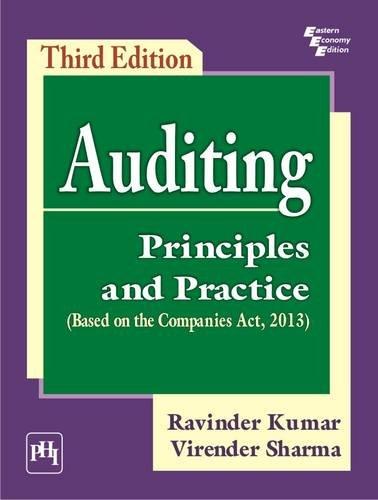Focus on the short term: If A, an entertainer, were averaging S1 million a year of taxable income from his business, would you advise A to incorporate as a device to save taxes? Would you advise A to make an S election for the corporation? To help you answer these questions, compare the net after-tax cash A would have after a full year (a) as a sole proprietor, (b) as the shareholder and only employee of an S corporation that pays him a $1 million salary, or (c) as the shareholder and only employee of a C corporation that pays him all of its after-tax income as salary. Would he do better if he used a C corporation that paid him a $500,000 salary and he either received the maximum possible dividend or sold the stock the next year? What would result if he took a $500,000 salary from his S corporation and sold the stock the next year? Focus on the longer term: A wants to organize a manufacturing business that will generate $1 million in taxable income per year without any reinvestment of income. After-tax income can also earn 10 percent in the second and third years by being reinvested in the business (in capital equipment, so there will be no accumulated earnings tax for a C corporation problem if dividends are STUDY PROBLEMS not paid). Calculate the aggregate after-tax income of the business at the end of the third year, assuming first that the business operates as an S corporation or a limited liability company (here, the calculation will be at A's level) and second that the business operates as a C corporation (here, the calculation will be at the corporation's level; assume no dividends). Does your calculation mean that the business should operate as a C corporation? Would your answer change if you assume that A sells the business at the end of the third year or dies at the end of Year 3 and leaves the ownership of the business to either A's spouse or A's son? Focus on the short term: If A, an entertainer, were averaging S1 million a year of taxable income from his business, would you advise A to incorporate as a device to save taxes? Would you advise A to make an S election for the corporation? To help you answer these questions, compare the net after-tax cash A would have after a full year (a) as a sole proprietor, (b) as the shareholder and only employee of an S corporation that pays him a $1 million salary, or (c) as the shareholder and only employee of a C corporation that pays him all of its after-tax income as salary. Would he do better if he used a C corporation that paid him a $500,000 salary and he either received the maximum possible dividend or sold the stock the next year? What would result if he took a $500,000 salary from his S corporation and sold the stock the next year? Focus on the longer term: A wants to organize a manufacturing business that will generate $1 million in taxable income per year without any reinvestment of income. After-tax income can also earn 10 percent in the second and third years by being reinvested in the business (in capital equipment, so there will be no accumulated earnings tax for a C corporation problem if dividends are STUDY PROBLEMS not paid). Calculate the aggregate after-tax income of the business at the end of the third year, assuming first that the business operates as an S corporation or a limited liability company (here, the calculation will be at A's level) and second that the business operates as a C corporation (here, the calculation will be at the corporation's level; assume no dividends). Does your calculation mean that the business should operate as a C corporation? Would your answer change if you assume that A sells the business at the end of the third year or dies at the end of Year 3 and leaves the ownership of the business to either A's spouse or A's son








